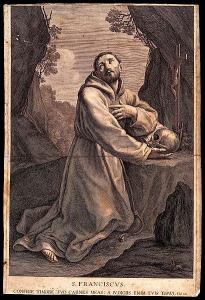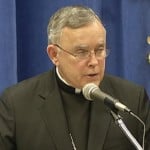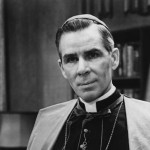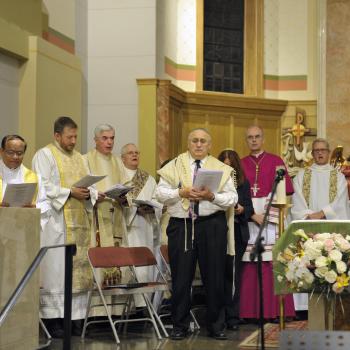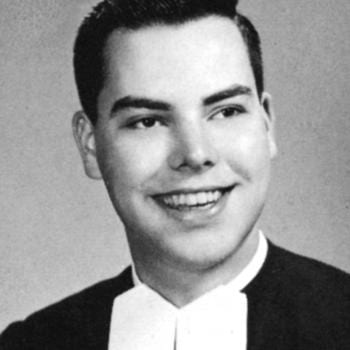Yesterday was the great saint’s feast day. So this seems an opportune moment to clear up a popular misunderstanding.
Wikipedia puts it plainly:
The anonymous text that is usually called the Prayer of Saint Francis (or Peace Prayer, or Simple Prayer for Peace, or Make Me an Instrument of Your Peace) is a widely known Christian prayer for peace. Often associated with the Italian SaintFrancis of Assisi (c. 1182 – 1226), but entirely absent from his writings, the prayer in its present form has not been traced back further than 1912. Its first known occurrence was in French, in a small spiritual magazine called La Clochette (The Little Bell), published by a Catholic Church organization in Paris named La Ligue de la Sainte-Messe (The League of the Holy Mass). The author’s name was not given, although it may have been the founder of La Ligue, Father Esther Bouquerel. The prayer was heavily publicized during both World War I and World War II.
It wasn’t until World War I that it really took off:
Around 1918, Franciscan Father Étienne Benoît reprinted the “Prayer for Peace” in French, without attribution, on the back of a mass-produced holy card depicting his Order’s founder, the inspirational peacemaker from the Crusades era, Saint Francis of Assisi.
The prayer was circulating in the United States by January 1927, when its first known English version (slightly abridged from the 1912 French original) appeared in the Quaker magazine Friends’ Intelligencer, under the misattributed and misspelled title “A prayer of St. Francis of Assissi.” The saint’s namesake American archbishop and military vicar Francis Spellman distributed millions of copies of the “Prayer of St. Francis” during World War II, and the next year it was read into the Congressional Record by Senator Albert W. Hawkes.
As a friar later summarized the relationship between the prayer and St. Francis: “One can safely say that although he is not the author, it resembles him and would not have displeased him.”
Now you know.

